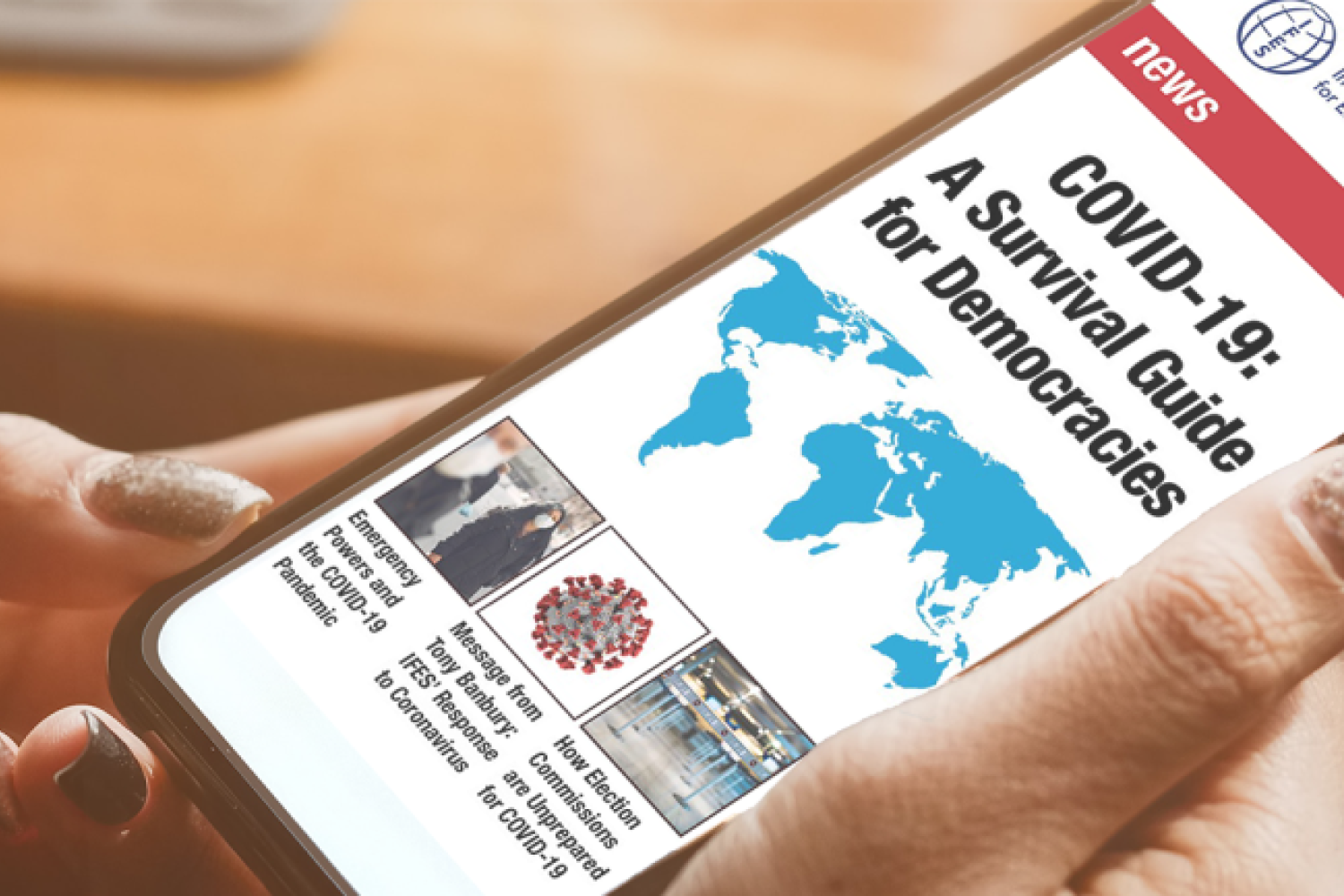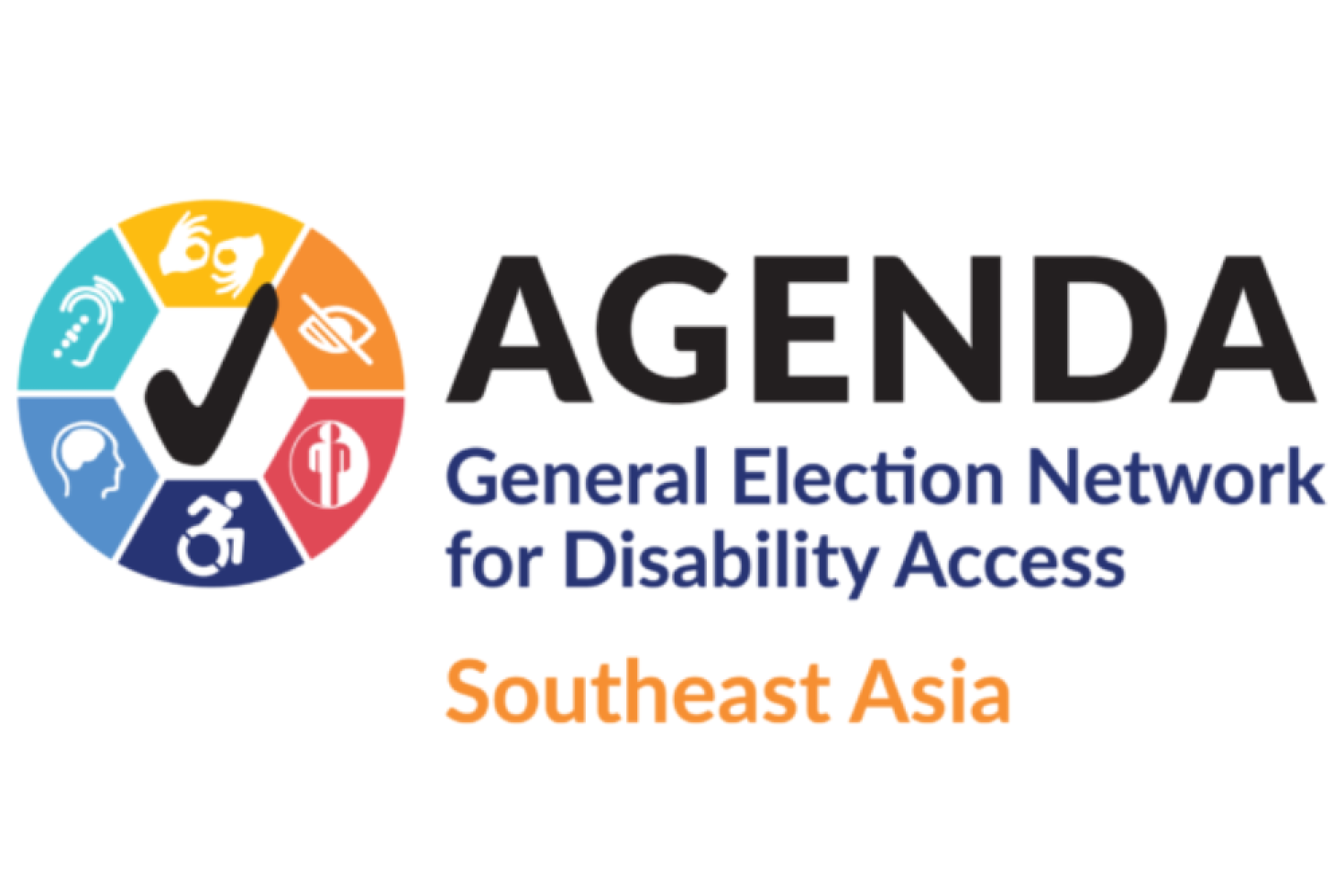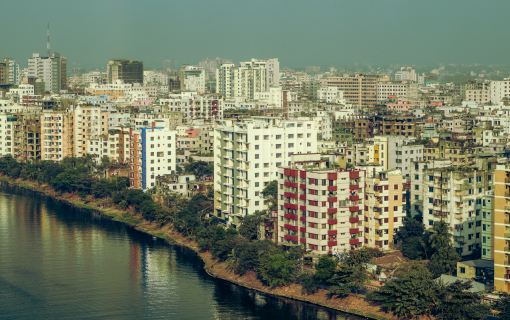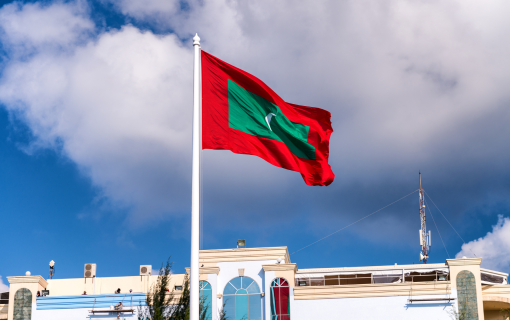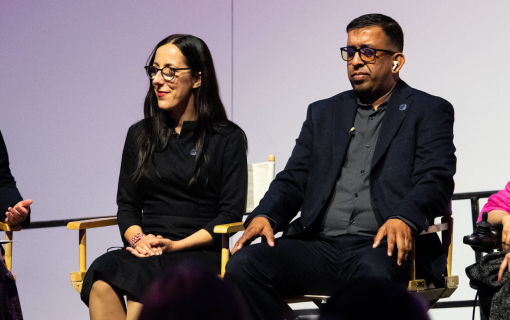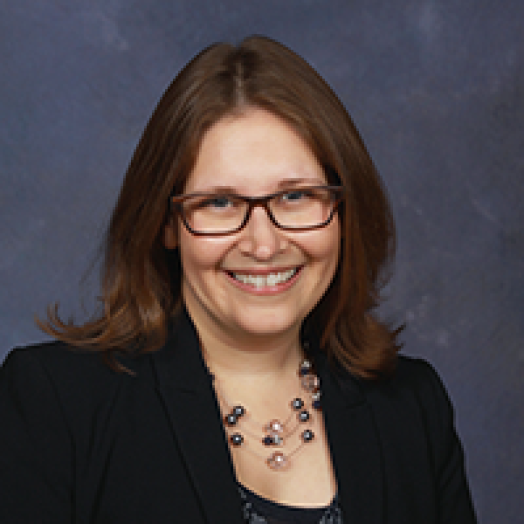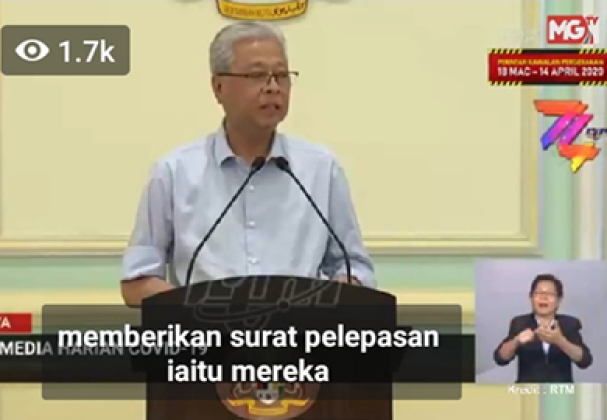
Advocacy Success for Disability-Inclusive Responses to COVID-19 in Southeast Asia
The Association of Southeast Asian Nations (ASEAN) Community is now being confronted with a humanitarian crisis as the result of the novel coronavirus pandemic, which provides a critical opportunity to uphold its commitments to the ASEAN Enabling Masterplan 2025: Mainstreaming the Rights of Persons with Disabilities (Enabling Masterplan). The Enabling Masterplan, a regional policy document, contains guidance for ASEAN and its member states to ensure that Southeast Asia’s 90 million persons with disabilities* are included in all aspects of governance, including access to services. Persons with disabilities face additional risks of contracting COVID-19, of having inadequate access to health care and of lacking a voice in decision-making. To ensure an inclusive response compliant with the Enabling Masterplan, the International Foundation for Electoral Systems (IFES) is supporting disabled people’s organizations (DPOs) in the General Election Network for Disability Access (AGENDA) to conduct advocacy activities to hold governments accountable during the pandemic.
“At first when the [COVID-19] stay-at-home [order] happened, everyone [treated it] like a holiday. After that, it occurred to me that there were marginalized people in society that need assistance outside their control. … I thought, why not try to put what I learned in [IFES’ policy platform] training into practice. So…I [drafted] a ‘one pitch’ memo channeled to the people making decisions.”
– Wong Yoon Loong, National Council of the Blind Malaysia
In March, AGENDA partners from Cambodia, Indonesia, Malaysia, Myanmar, the Philippines, Singapore, Thailand and Vietnam held a call to discuss the barriers persons with disabilities encounter during the pandemic and share good practices for advocating for their rights. Partners identified access to information as a primary concern, as many television stations do not include sign language interpretation, and many persons with disabilities do not have access to the internet or other news sources. The call was the first opportunity that DPOs across the region had to share their experiences and learn from their peers.
In Malaysia, the National Council of the Blind Malaysia (NCBM) used advocacy techniques from IFES’ policy platform training, such as drafting direct requests of government officials. NCBM’s requests, duplicated in a corresponding memo sent by the Malaysia Federation of the Deaf, were submitted to the Ministry of Women, Family and Community Development. As a result of NCBM’s advocacy, government communications on COVID-19 were updated to include interpretation in Malaysian Sign Language, 5 million ringgit (approximately USD $1.15 million) was made available for food deliveries for older persons with disabilities and other at-risk groups, and an inclusive unemployment policy was developed to support lower-income Malaysians.
IFES is also conducting research on the implementation of relevant Enabling Masterplan action points during the COVID-19 crisis. The report will include recommendations on how government stakeholders can utilize action points on disaster risk management, health care, political participation and other key areas to address potential governance gaps during health crises.
*The World Health Organization estimates that 15 percent of the world’s population has a disability.





